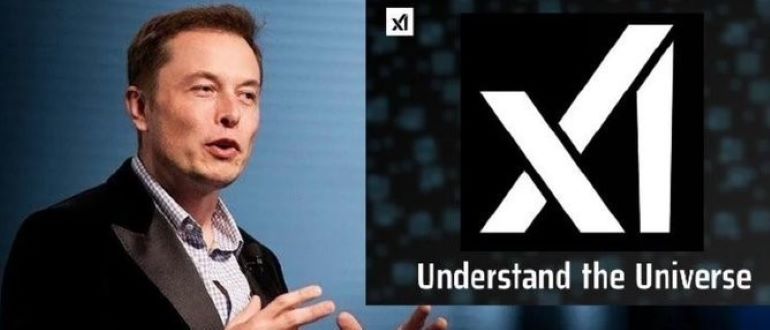
Elon Musk’s artificial intelligence (AI) startup, xAI, on Tuesday raised the curtain on its latest chatbot that the world’s richest man claims is the “smartest AI on Earth”, in a bid to usurp OpenAI, DeepSeek and Gemini.
The debut of Grok-3 comes days after Microsoft Corp.-backed OpenAI rejected Musk’s unsolicited cash bid and weeks after DeepSeek debuted its low-cost, powerful open-source model, R1. The quick succession of events underscore fevered competition for what is conservatively pegged as a $1 trillion industry that will dominate tech for years.
Grok-3 outpaced OpenAI’s GPT-4o, Gemini, DeepSeek’s V3 model and Anthropic’s Claude in math, science and coding benchmarks, Musk said during a livestreamed presentation late Monday with three xAI engineers. He boasted Grok-3 has “more than 10 times” the computing power of its predecessor, Grok-2, and completed pre-training in early January.
“Grok-3 across the board is in a league of its own,” Musk said late Monday. The chatbot is available to Premium+ subscribers on social media platform X. Additionally, xAI is launching a new subscription tier, SuperGrok, which can be accessed via Grok’s mobile app and website.
However, the performance claims have not been independently verified, and a former computer scientist who once lead AI efforts at Tesla Inc. was cautious in his initial appraisal of Grok-3.
OpenAI co-founder Andrej Karpathy, who is no longer at the company, posted a preliminary review of the new model on X assessing it “feels somewhere around the state of the art territory of OpenAI’s strongest models.” But, he added the model fabricated facts and lagged behind in certain functions.
In a thinly veiled reference to Chinese AI startup DeepSeek, xAI also introduced a new smart search engine with Grok-3, called DeepSearch. It is a reasoning chatbot that expresses its process of understanding a query and how it plans its response.
“Grok’s DeepSearch is yet another indication that search is fundamentally shifting,” Jeff Evernham, chief strategist and evangelist at Sinequa by ChapsVision, said in an email. “For decades, search has been based on keywords, and users had to sift through lists of results rather than delivering precise, meaningful answers. Combining generative AI and search means search engines understand context, intent, and nuance, and carefully interprets search results to produce custom answers, complete with citations.”
The flurry of activity by Musk, whose current day job is overseeing the Department of Government Efficiency under President Donald Trump, adds a venomous layer to his intensifying war with OpenAI, a company he helped found in 2015.
Musk, who also runs Tesla and SpaceX among other enterprises, launched xAI in 2023 as an alternative to the ChatGPT maker, a company he has roundly criticized for its plans to restructure as a for-profit business. He has sued the company twice and last month offered to buy OpenAI’s nonprofit arm for $97.4 billion.
Last week, OpenAI’s board roundly spurned the offer.
“OpenAI is not for sale, and the board has unanimously rejected Mr. Musk’s latest attempt to disrupt his competition,” the company shared in a statement on X. “Any potential reorganization of OpenAI will strengthen our nonprofit and its mission to ensure AGI benefits all of humanity.”
OpenAI attorney William Savitt, in a letter to Musk’s lawyer, said the offer was “not a bid at all.”


